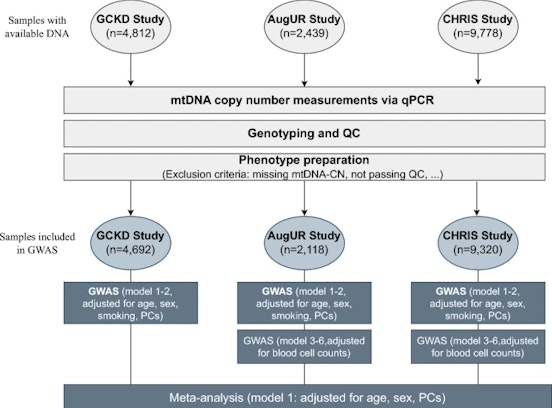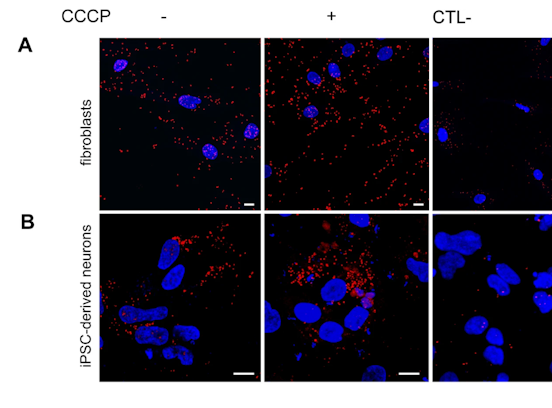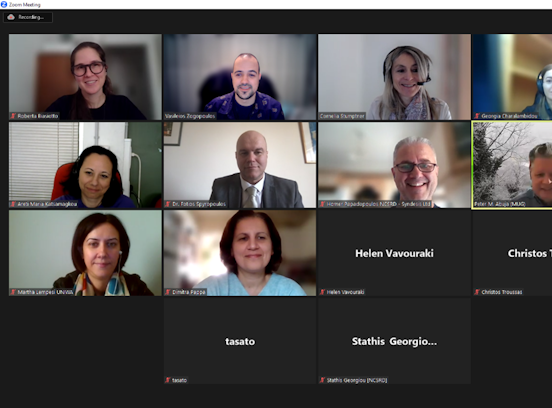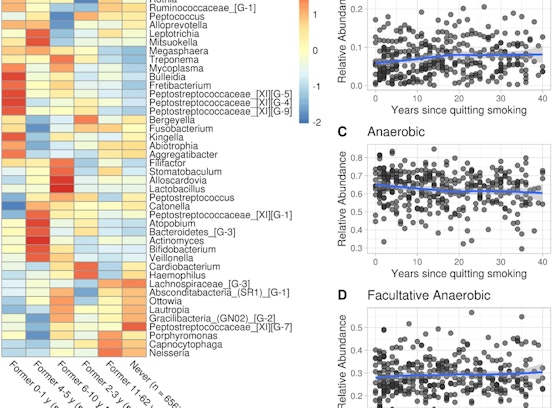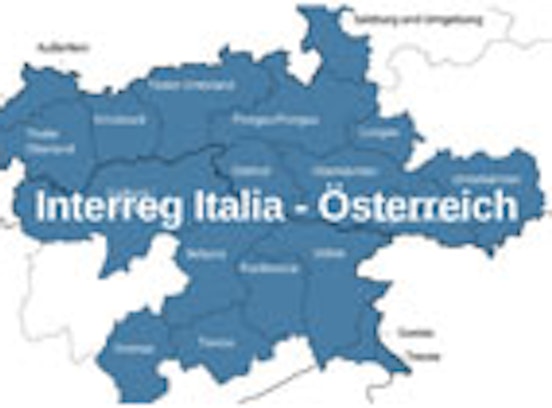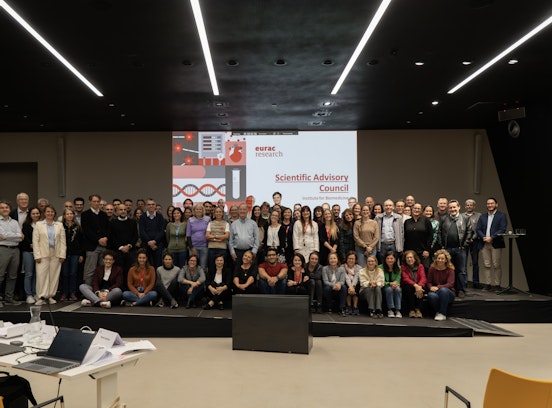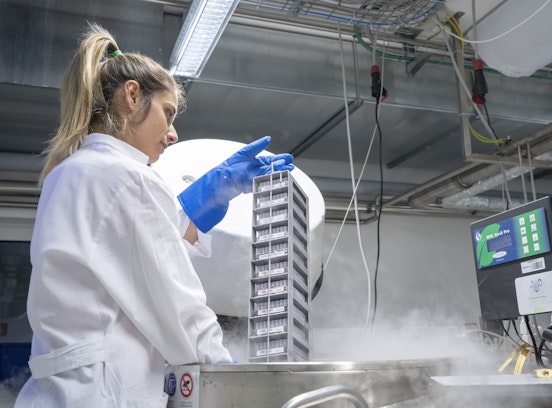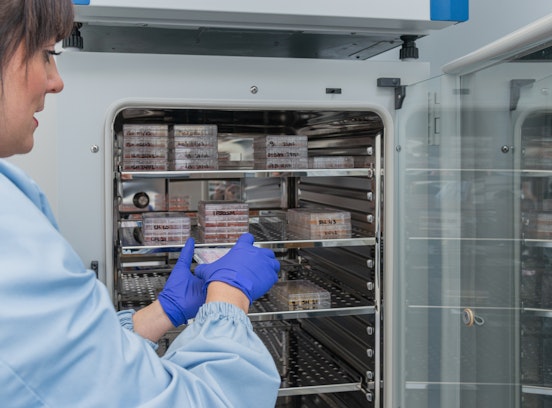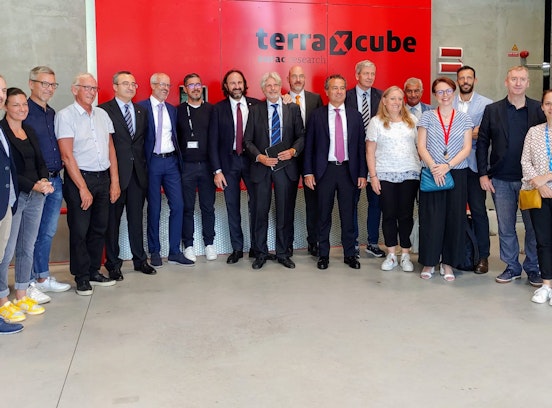Institute for Biomedicine - News & Events - CHRIS COVID-19 STUDY KICK OFF
CHRIS COVID-19 STUDY KICK OFF
About 100 people attended the first day of screening in Laces. The study investigates mechanisms of infection, risk of transmission, long-term consequences and duration of immunity.
- Deutsch
- English
- Italiano
Over the next two weeks, at least 1,400 screenings will have to be carried out in the Vinschgau Valley in order to lay the foundations for research on Covid-19 in South Tyrol. Yesterday, during the first day of the study, about 100 people responded to the invitation of Eurac Research and the South Tyrolean Health Authority and underwent the screening. With the CHRIS Covid-19 study, in addition to ongoing epidemiological investigations in other areas of South Tyrol, the researchers want to conduct an in-depth study with CHRIS study participants in the Vinschgau Valley in order to answer a few questions: Why have there been exceptionally few cases reported in the Vinschgau Valley compared to other municipalities in South Tyrol? Under what conditions are people more susceptible to disease? How is the virus transmitted within a family? How quickly do people become infected? How long are people immune, are there relapses, and what is the long-term effect of the disease on their state of health?
The coronavirus pandemic has brought us in a short time into an exceptional situation hardly imaginable. The lockdown has shown us the drastic effects that the spread of a new type of virus can have on our lives. In order to be able to take appropriate measures in the future, it is essential to quickly gain a solid scientific understanding of the virus and the disease it causes. "Every extra piece in our scientific knowledge can be crucial in stopping the spread of the virus. It is therefore very important that as many people as possible participate in the study," stresses Peter Pramstaller, director of the Institute of Biomedicine at Eurac Research, which is leading the CHRIS Covid-19 study together with the South Tyrolean Health Authority. Thanks to the participation of the population of the Vinschgau Valley over the past ten years, researchers in South Tyrol now have a unique resource at their disposal with the CHRIS study: information on the lifestyle and health status of the cardiovascular, nervous, and metabolic systems of each of the 13,393 participants. The possibility of combining this data with new investigations on Covid-19 opens up extraordinary opportunities that can contribute to research on this disease worldwide.
"Over the years we have built a strong bond with the community. Recently at a meeting, mayors and GPs told us again how important it is for them to have clear information about the disease. This is why we are confident that people will respond with interest to the study", explains Cristian Pattaro, scientific head of the study at Eurac Research. Course of the study: In these days, all 13,393 participants in the CHRIS study and all people living with them will be invited to the CHRIS Covid-19 study. 1,815 of the CHRIS participants will be asked to have a serology (blood test for antibodies) and nasopharyngeal swab With this prevalence study, researchers will be able to estimate how many people have been infected with the virus. All 13,393 CHRIS participants and all people (including minors) living with them (about 19,000 people) will be asked to fill out an online symptom questionnaire these days. Those reporting symptoms and their family members will be invited to have a serological test and nasopharyngeal swab. Anyone with a negative profile (no symptoms indicating Covid-19 or negative test results) will be invited to complete the questionnaire every four weeks for a year to check for new symptoms. Follow-up of positives: to check whether the immune response to the virus persists over time, those who test positive in both of the previous phases of the study will be invited to repeat the serological test every three months for one year. This is important to understand whether, once infected, one remains immune or can become susceptible to infection again. Through the study, all participants have the opportunity to learn about their Covid-19 status free of charge and help provide valuable data for research.
Contact: chris@eurac.edu, T 0471 055502
